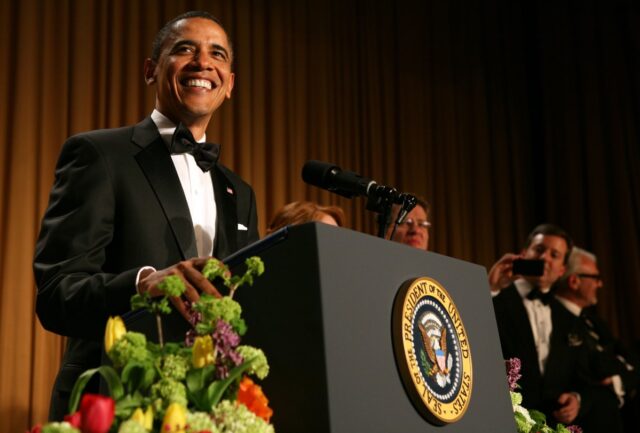It may not be the assassination of Archduke Franz Ferdinand, but when historians write the definitive story of the first half of the 21st century in the U.S., a single weekend in the spring of 2011 may well go down as the era’s defining moment—a 48-hour period that set into motion a string of events still unraveling now, 14 years later.
That weekend, President Barack Obama authorized the mission to kill Osama bin Laden and kept it secret from the world as he delivered a cutting speech that brought the house down at the White House Correspondents Dinner. What no one knew at the time was that Obama’s remarks that night were laying the groundwork for the killing of the customs and traditions that underpinned the relationship between the American presidency and the press that covers it.
Now, almost a decade-and-a-half later, the glitzy tentpole event for the Washington media establishment is a shadow of its former self, boycotted and browbeaten by President Donald Trump and his supporters.
The long and irrevocable decline of the dinner and the norms that once defined the Beltway—as well as the current political force ripping through it—all began that night, historians and others who spoke to Newsweek said, with Obama’s lampooning of Trump to the laughter of a room full of tuxedo-clad D.C. power brokers and their guests.
Busy for a Saturday
April 30, 2011, was a warm spring day in Washington, and the White House was oddly abuzz for a weekend. As Obama met with his speechwriters to put the polish on his keynote for that evening’s White House Correspondents’ Association Dinner across town, a small cadre of his top national security advisers were huddled below the White House in the Situation Room, with another group hunkered down at CIA headquarters across the Potomac. What they were doing was unknown to all but a few in the West Wing.
Pool via Getty Images
The day before, Obama had authorized a covert, high-stakes operation code-named Operation Neptune’s Spear. The mission to take out bin Laden, a decade in the making, was one that could have sunk the president’s reelection the following year had it gone sideways. And there were, at that time, plenty of reasons to think it would have, according to the retellings of those in the room. But before a group of elite Navy SEALs would board a pair of stealth military choppers that would take them into Pakistani airspace without an invitation, the president of the United States had to pretend like everything was normal.
As Obama took the dais in front of the black-tie-clad guests crammed into the stuffy ballroom at the D.C. Hilton that night, his decision to execute the mission was a “close hold,” even among the speechwriters who had crafted the zingers and wisecracks he was about to deliver, according to recollections of that night published in oral histories and books like The Only Plane in the Sky by the journalist Garrett Graff.
At that moment, one of the biggest stories in the American media was the “birtherism” conspiracy theory being fanned by Trump, at that point a reality TV host employed by NBC who was going on television wherever he could to float a baseless story that Obama was perhaps not born in the U.S. and thus ineligible to be president.
Trump, who was sitting in the audience that night at the Hilton as a guest of Newsweek, which at the time was owned by the Washington Post, had been demanding that the White House release Obama’s long-form birth certificate.
Obama had, days earlier, addressed the “birtherism shit,” as former press secretary Jay Carney recalled to Graff. The president said in a terse appearance in the briefing room on Wednesday, “We do not have time for this kind of silliness. We’ve got better stuff to do. I’ve got better stuff to do.”
‘I Assumed He Was Running as a Joke’
But come Saturday, Obama went into his speech taking the conspiracy head on, addressing the audience: “My fellow Americans, Mahalo,” before then turning his sights on Trump.
Donald Trump is here tonight! Now, I know that he’s taken some flak lately, but no one is happier, no one is prouder to put this birth certificate matter to rest than the Donald. And that’s because he can finally get back to focusing on the issues that matter—like, did we fake the moon landing? What really happened in Roswell? And where are Biggie and Tupac?
But all kidding aside, obviously, we all know about your credentials and breadth of experience. For example—no, seriously, just recently, in an episode of Celebrity Apprentice—at the steakhouse, the men’s cooking team cooking did not impress the judges from Omaha Steaks. And there was a lot of blame to go around. But you, Mr. Trump, recognized that the real problem was a lack of leadership. And so ultimately, you didn’t blame Lil Jon or Meatloaf. You fired Gary Busey. And these are the kind of decisions that would keep me up at night.
The jokes were withering and delivered with the effortless comedic timing that Obama would come to be known for. The pool camera in the room found Trump in the audience, appearing in a perfectly framed profile with a tight smile and a glower throughout the roast—which kept going after Obama concluded his remarks.
Comedian Seth Meyers added to the pile-on with a series of his own quips.
“Donald Trump has been saying that he will run for president as a Republican, which is surprising since I just assumed he was running as a joke.”
“Donald Trump said recently he has a great relationship with ‘the blacks.’ Though unless ‘the blacks’ are a family of white people, I bet he’s mistaken.”
Trump appeared, to those in the room and watching on TV, utterly unamused. In a PBS Frontline documentary that aired before during the 2016 campaign, Graydon Carter, the former Vanity Fair editor-in-chief, was sitting nearby and said he remembered the “look of discomfort” come over Trump’s face. David Remnick, the editor-in-chief of the New Yorker a few tables away, said Trump appeared to be “steaming.”
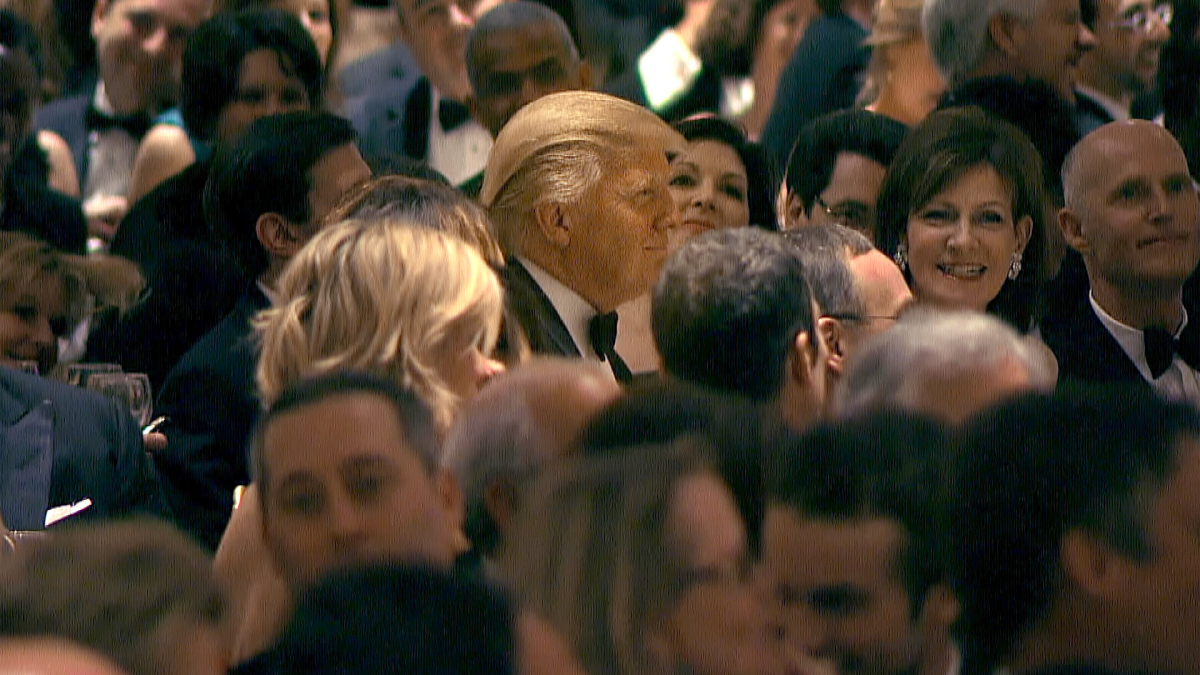
Pool via Getty Images
“He was not having a good time,” Remnick told Frontline. “He was being treated as piñata by the president of the United States, and I think he felt humiliated.”
Trump has long denied claims that the mockery trained on him that evening compelled him to launch his long-shot bid for the presidency four years later, telling the Post in 2017 he had the “greatest time” and was “so honored” to have been at the dinner.
And Trump had openly toyed with running for president as far back as the 1980s. But several of his former top advisers have said, both to Newsweek and other media, they believe it was the public humiliation that night which crystallized his decision to finally mount a serious bid for the highest office in the country.
“I recognized at that point that he really was going to run,” Roger Stone, Trump’s longtime friend and adviser, recalled to Newsweek in an interview. “I could see the clench of his jaw as he sat there. I think it galvanized his intention to run.”
In Stone’s retelling, Trump would be further prodded after Mitt Romney’s loss to Obama a year later.
After the 2012 election, Stone said Trump told him in one of their regular calls he had “deep buyer’s remorse” of his decision to endorse Romney, complaining that the Republican nominee had “no instinct for the jugular” and that Trump believed he would have beaten Obama had he run.
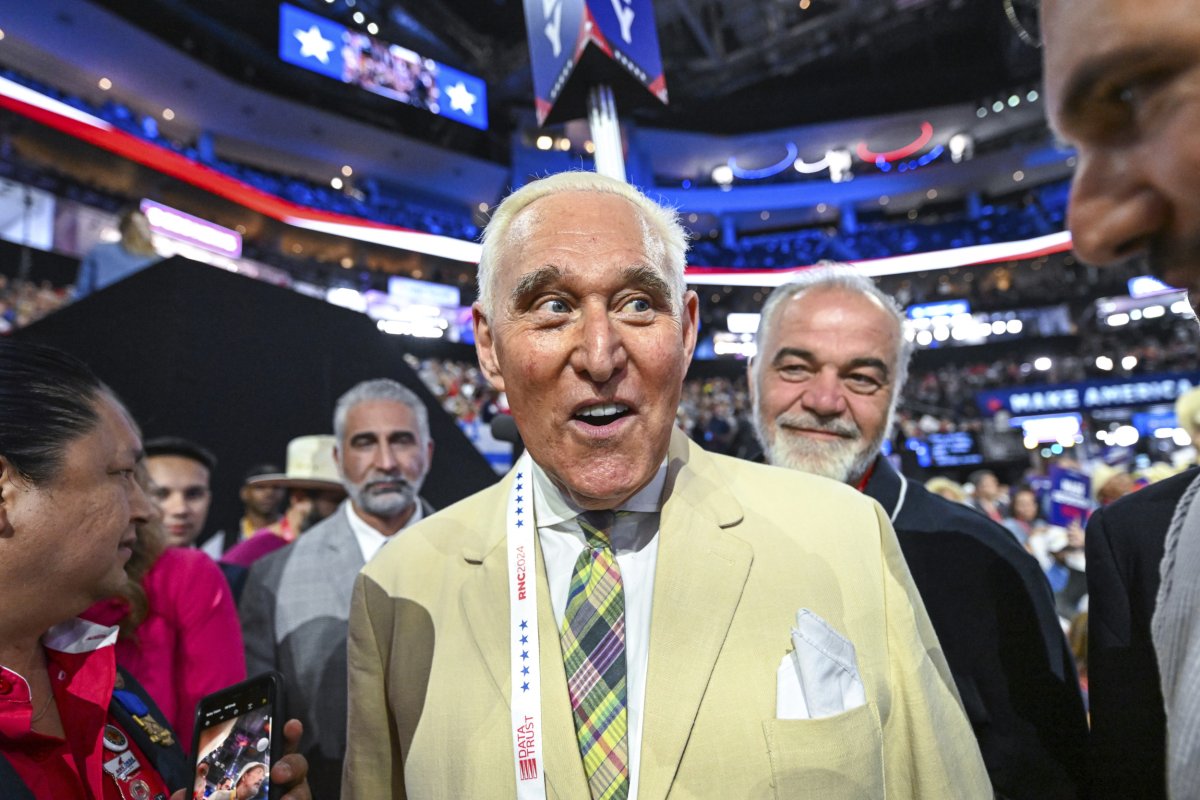
Anthony Behar/Associated Press
“When Romney went down in flames, [Trump] really regretted not running then,” Stone said. “He had a healthy dislike of Obama, but his timing was just off.”
Omarosa Manigault, a former “Apprentice” contestant turned White House adviser during the first Trump term, recalled to Frontline what was going through her head that night: “Ohhhh, Barack Obama is starting something that I don’t know if he’ll be able to finish.”
Chris Christie, the former Republican New Jersey governor who had a brief role in the 2016 Trump campaign before he was cast out, was also at the dinner and described in his memoir how Trump seemed “beside himself with fury” after being mercilessly mocked by Obama.
‘Let’s really lean into Trump here’
In the moment, the dinner was seen as something of a political grand slam by the Obama team. “It was at the time we thought our most successful speech,” Dan Pfeiffer, former White House senior communications adviser, recalled to Graff for an oral history adapted from his book and published by Politico in 2021. “Whether it ultimately, maybe, propelled Donald Trump to run for president is something that history can judge us for—but it felt great.”
They had taken on Trump to his face, put the birther conspiracy to bed, and were in the process of hunting and killing the most wanted man in the world (even if they didn’t all know it), just as an election cycle was about to get underway. Everything was coming together.
“This is one of those key moments where Obama moved from being the outsider coming to change up Washington to the face of the American establishment,” the historian Timothy Shenk told Newsweek.
Shenk noted how the Obama administration had an overt political strategy of elevating Trump and other elements of what was then seen as the “fringe far right.”
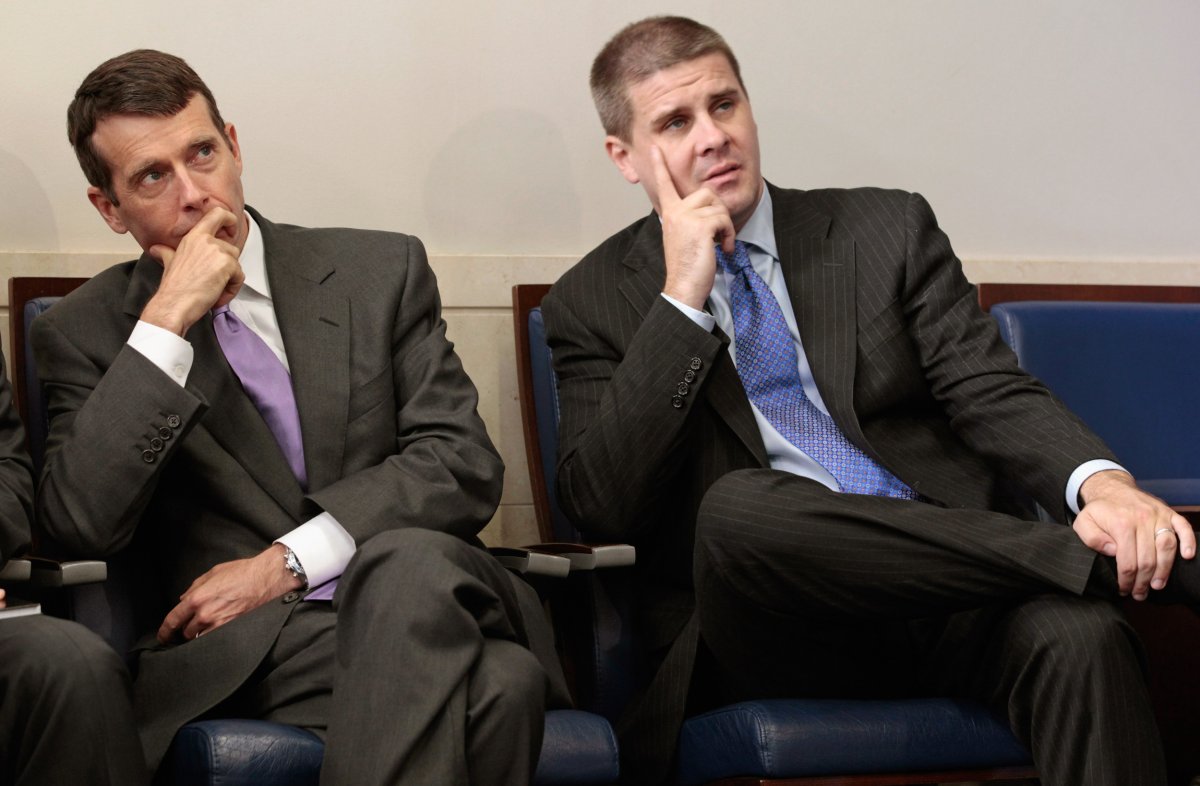
Chip Somodevilla/Getty Images
David Plouffe, Obama’s senior adviser who masterminded his 2008 campaign, acknowledged as much in an interview for the book Obama: An Oral History, by Brian Abrams.
“Our view was lifting Trump at the White House Correspondents’ Dinner, you know, as kind of the example of the Obama opposition,” Plouffe told Abrams. “There was a strategy behind the material and the amount of time we spent on Trump. Let’s really lean into Trump here. That’ll be good for us.”
Shenk, a professor of modern American history at George Washington University, said that Plouffe quote throws him into a “blinding rage” when he teaches it to his students.
“This idea of elevating the right wing into being representative of the Republicans, giving them the microphone at every opportunity, it’s like how CNN, MSNBC and Fox would broadcast an empty podium in anticipation of [Trump] speaking in 2016.”
“All of these different forces who decide that these are the people who we should being paying attention to, all for their various own self interests,” Shenk continued. “And then you see them saying, after Trump wins, ‘Oh it’s not my fault, this is just how politics works, whoopsie daisy!’ That was the thing that was so infuriating.”
Meanwhile, in Pakistan
On May 1, the morning after the dinner, with most of the D.C. political-media complex still hung over, the political Sunday shows were leading with the roasting of Trump, as well as the ongoing conflicts in Afghanistan, Syria and Libya. Seven thousand miles away from the comfort of the network studios, the SEALs were preparing to fly into Pakistani airspace under the cover of a moonless night.
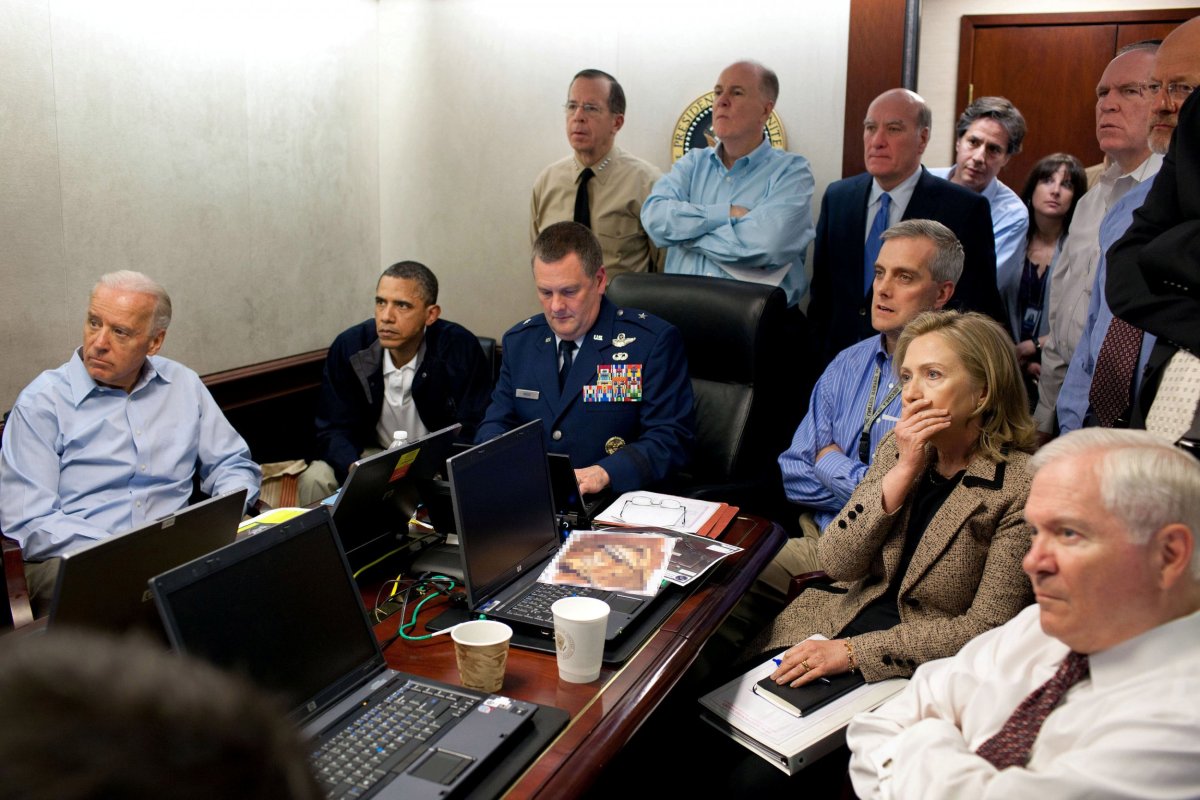
White House/Pete Souza/Handout via REUTERS/File Photo
The story of the bin Laden raid has been well told. The Obama administration, still riding high from the rave reviews in the media over the prior night’s comedic throw down, had now pulled off what its predecessors in the Bush administration had failed to do: bring closure to the national trauma that was 9/11.
But there were some in Washington then—and now—who believe Obama made a critical error in not using the death of bin Laden as justification to end the war in Afghanistan, which would go on to represent one of several albatrosses that helped sink his then-Vice President Joe Biden’s one-term presidency a decade later.
The editorial boards of both the New York Times and Washington Post argued in the immediate aftermath that bin Laden provided Obama an opportunity to unwind the war. David Cortright, a prominent peace activist and academic, published a book in 2011 titled Ending Obama’s War: Responsible Military Withdrawal from Afghanistan, in which he called on Obama to follow through on a full troop withdrawal and argued that bin Laden’s death provided an opportunity to end the Afghanistan conflict responsibly.
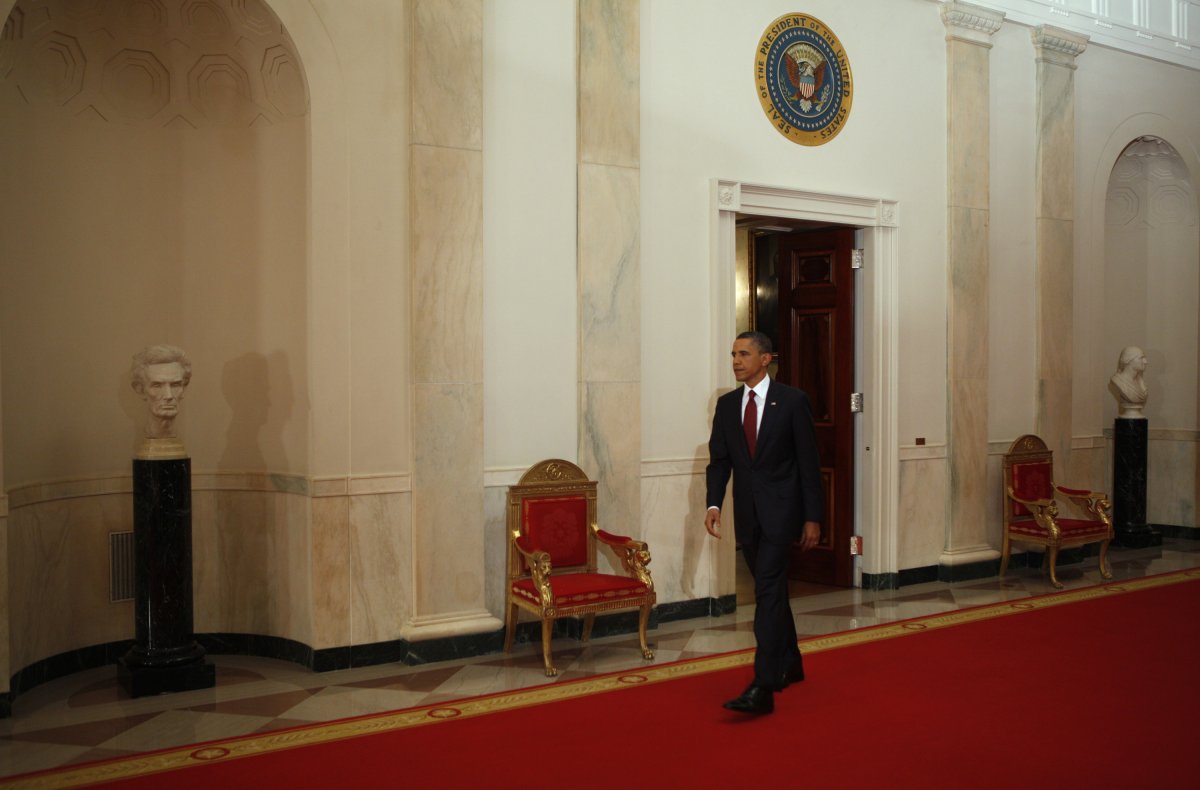
Pool via Getty Images
“The raid was the moment he could have said ‘mission accomplished’ and gotten out of there,” Cortright told Newsweek in an interview. “You’ve accomplished what most Americans wanted. It was a political moment and [Obama] did not take advantage of it.”
Instead, Obama triangulated. He announced the next month the U.S. would begin to draw down some troops by the end of the year, though the war would not conclude for another 10, with Biden’s abrupt withdrawal in the summer of 2021—a chaotic and bloody decision that would serve as the moment Biden’s poll numbers reversed course. They never recovered.
The President and the Press
As for the White House Correspondents’ Dinner, which will again take place in the same Hilton ballroom on Saturday evening, what remains of the glitzy event illustrates just how much Washington has changed since that eventful weekend in 2011.
“Remember back then, everyone was in love with Obama,” Shenk said. “He was so beloved in Washington in a way that not even Clinton or Reagan was. He was the first president the press really fell in love with since JFK.”
And Obama knew it. In 2009, at the first Correspondents’ Dinner of his presidency, Obama quipped to the press: “Most of you covered me; all of you voted for me.”
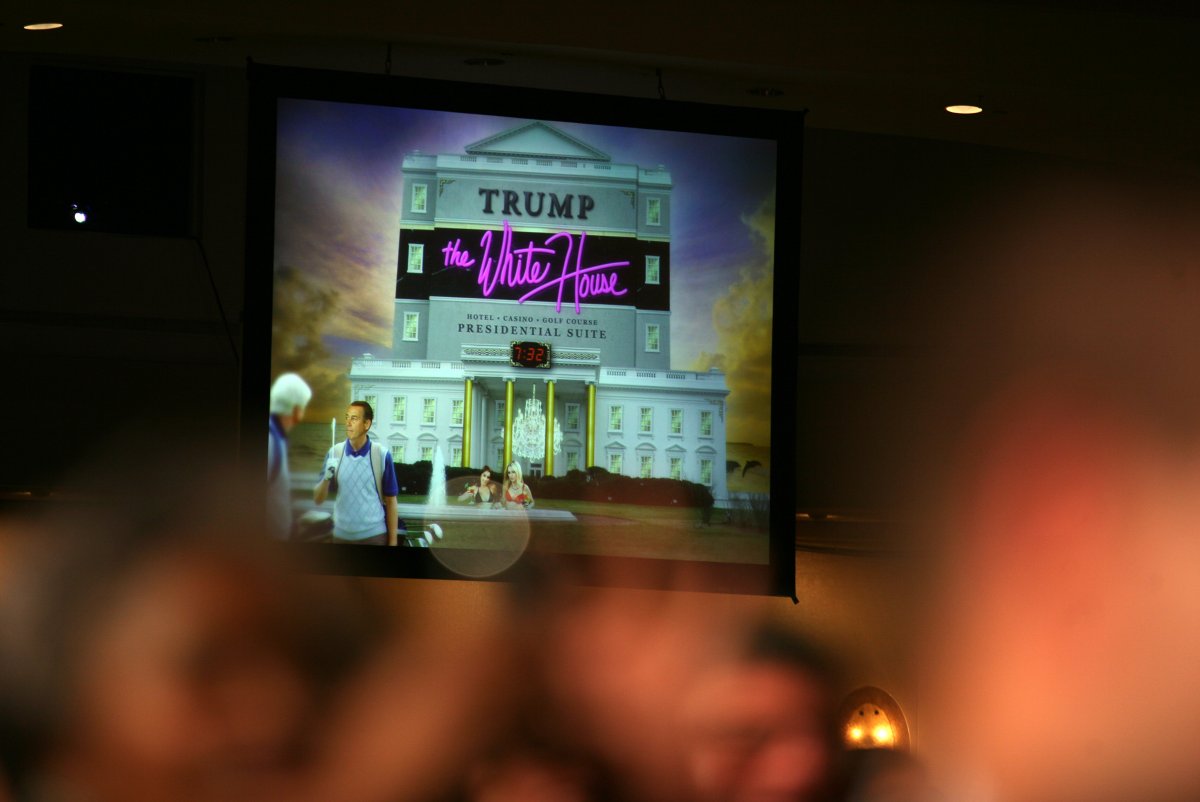
Pool via Getty Images
Fast forward to now, when Trump will once again boycott the annual dinner as he has every year he’s been in office. With the gala falling on Melania Trump’s birthday this year, the president is said to be planning to hold some kind of event celebrating the first lady in a bit of Trumpian counterprogramming, while the White House press corps goes into its Super Bowl weekend battered and fatigued over restrictions put on its coverage by the new administration.
Adding to the list of troubles for the press corps, last month the White House Correspondents Association (WHCA), which puts on the event, was forced into an embarrassing climbdown when it fired Amber Ruffin, the comedian who was set to be this year’s roastmaster , over comments she made on a podcast that the Trump administration are “kind of a bunch of murderers” and that she didn’t feel a responsibility to poke fun at both sides of the aisle because it would make the administration “feel like human beings, but they shouldn’t get to feel that way ‘cause they’re not.’ “
“At this consequential moment for journalism, I want to ensure the focus is not on the politics of division, but entirely on awarding our colleagues for their outstanding work and providing scholarship and mentorship to the next generation of journalists,” WHCA President Eugene Daniels said in a statement announcing the move.
Shenk, the historian, sees a through line from Obama’s cozy relationship with the establishment media back then to the current, more antagonistic climate between the press and president, which he believes grew out of voter dissatisfaction and distrust of that very establishment over the course of the last two decades.
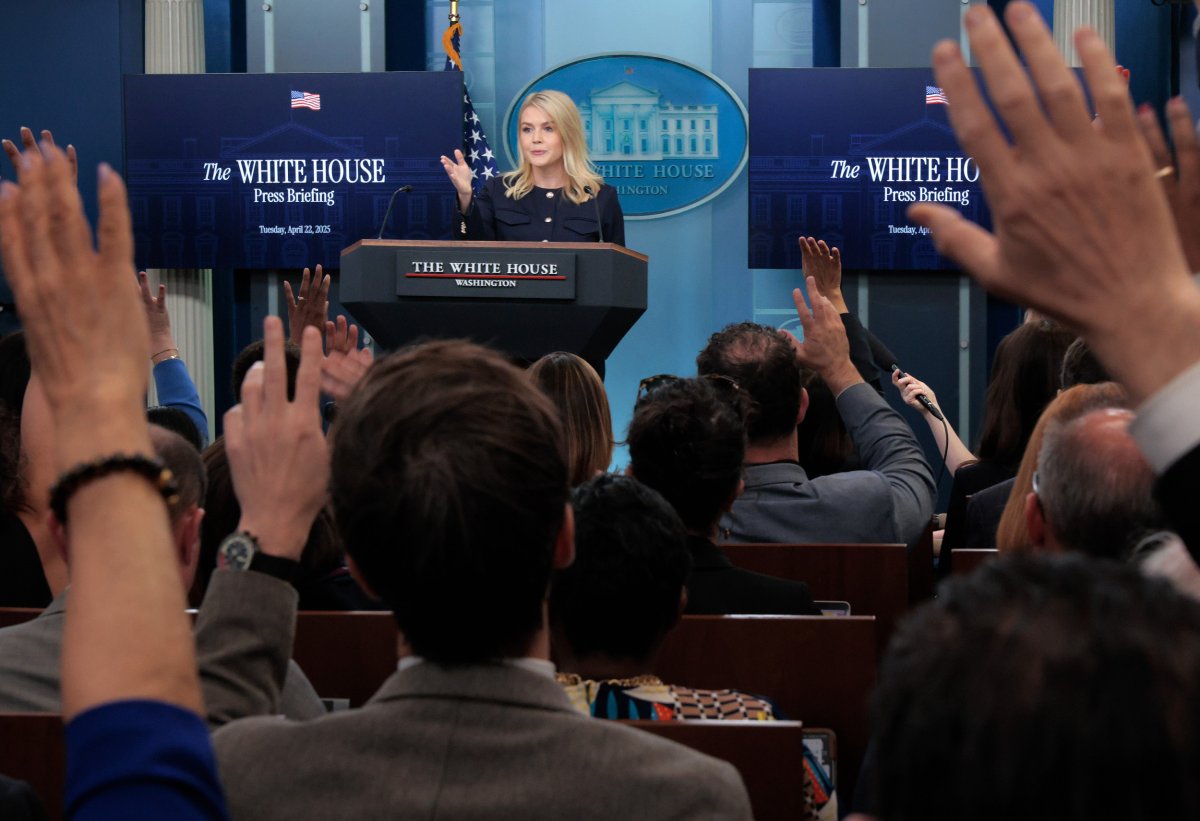
Chip Somodevilla/Getty Images
While the media and president were busy “chortling at their own self-righteousness and hilarity” at events like the Correspondents’ Dinner, the American people were sending signal after signal that they had given up on both institutions altogether, he said.
“Maybe if Obama had been truer to some of the populist elements he was flirting with in 2008, he would have been the first to say of the dinner: ‘Hey, this is an antiquated institution that exists as an excuse for a bunch of rich, powerful people to get together in a room and celebrate each other.”
“That’s really the story of these two nights in 2011. Short-term victories that ended up contributing to these longer-term defeats.”


